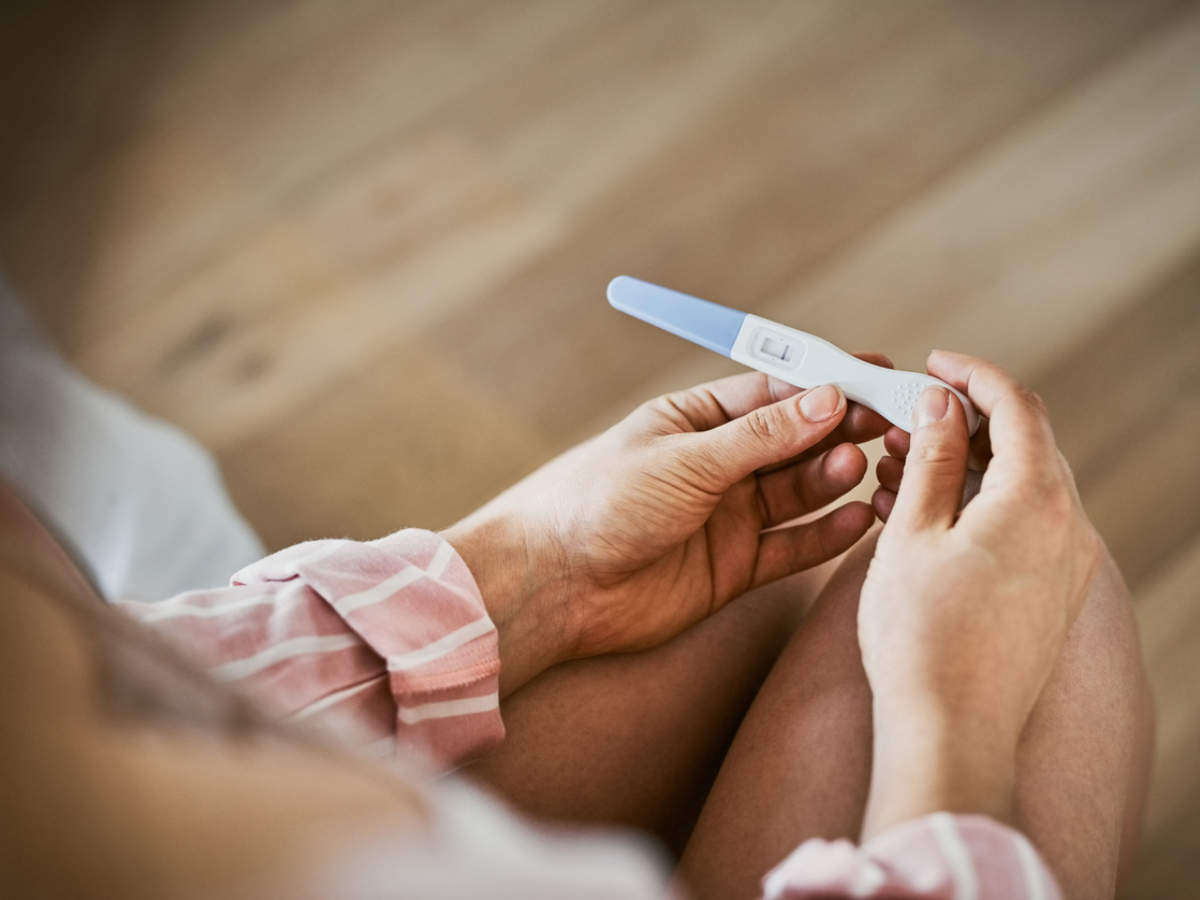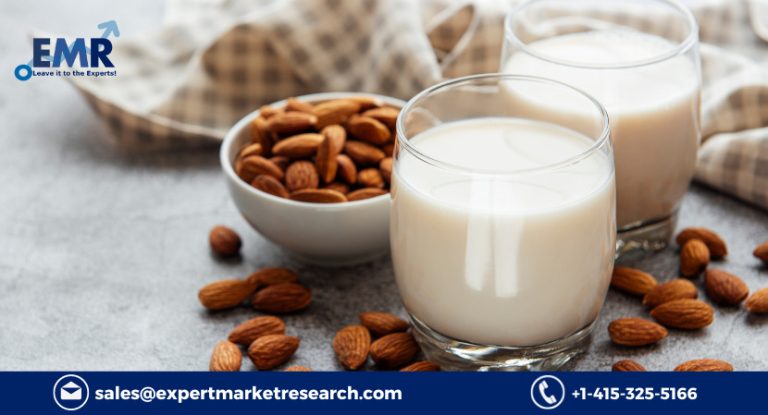Women’s Fertility: Factors that Decrease the Chance of Conceiving
There are many factors that can impact a woman’s ability to conceive. While some women may have no trouble getting pregnant, others may face challenges due to a variety of reasons. Understanding the factors that can reduce a woman’s chance of fertility is important for those who are trying to get pregnant or who are planning to start a family in the future.
One common factor that can reduce fertility in women is age. As women get older, their fertility naturally declines. This is because women are born with a set number of eggs, and as they age, the quality and quantity of those eggs decrease. Other factors that can impact fertility include certain medical conditions, such as polycystic ovary syndrome (PCOS), endometriosis, and thyroid disorders. Lifestyle factors, such as smoking, excessive alcohol consumption, and being overweight or underweight can also reduce fertility.
It is important for women who are experiencing difficulty getting pregnant to speak with their healthcare provider. They can help identify any underlying medical conditions that may be impacting fertility and provide guidance on lifestyle changes that can increase the chances of conception. By understanding the factors that can reduce fertility, women can take steps to optimize their chances of getting pregnant and starting a family.
Age
Age is one of the most significant factors that can impact a woman’s fertility. As a woman ages, her fertility decreases, and the chances of getting pregnant naturally become slimmer. Women are born with a finite number of eggs, and as they age, the quality and quantity of eggs decrease.
According to the American Society of Reproductive Medicine, a woman’s fertility starts to decline in her early 30s and more significantly after the age of 35. By the time a woman reaches her late 30s, her fertility can drop by half, and by the age of 40, it can drop by 90%. This decline in fertility is due to a decrease in the number and quality of eggs, as well as an increase in the risk of chromosomal abnormalities.
Women who delay having children until later in life may find it more challenging to conceive naturally. However, there are options available to women who want to preserve their fertility, such as egg freezing or other fertility treatments.
Smoking
Smoking is a well-known risk factor for fertility issues in women. Women who smoke have a higher risk of infertility, early menopause, miscarriage, and ectopic pregnancy. The chemicals in tobacco smoke can also damage a woman’s eggs and reproductive organs, making it more difficult to conceive and carry a pregnancy to term.
Research has shown that smoking can also affect the fertility of male partners, as it can reduce sperm count and motility. Couples who are trying to conceive should quit smoking to improve their chances of success.
Secondhand smoke can also be harmful to fertility, so women who are trying to conceive should avoid exposure to smoke from others as well. Quitting smoking can be challenging, but there are many resources available to help women quit, including nicotine replacement therapy, counseling, and support groups.
Alcohol Consumption
Alcohol consumption can have a negative impact on fertility in women. According to various studies, even moderate drinking can reduce the chances of getting pregnant. Women who consume more than five drinks a week have a reduced chance of conception as compared to women who do not drink alcohol.
Alcohol consumption can disrupt the normal hormonal function of the body, leading to irregular menstrual cycles and ovulation. It can also cause damage to the eggs and interfere with their maturation process. Furthermore, alcohol can affect the quality of cervical mucus, which plays a crucial role in transporting sperm to the egg.
It is recommended that women who are trying to conceive should avoid alcohol consumption completely. If a woman is unable to quit alcohol completely, she should limit her consumption to one drink per week. It is also advisable to avoid alcohol during the fertile window of the menstrual cycle, which is usually a few days before and after ovulation.
Poor Diet and Nutrition
One of the factors that can reduce the chance of fertility in women is poor diet and nutrition. A diet that lacks essential nutrients can lead to hormonal imbalances and other health problems that can make it difficult to conceive.
Women who consume a lot of processed foods, sugary drinks, and unhealthy fats are more likely to experience fertility problems than those who follow a healthy and balanced diet. A diet that is rich in fruits, vegetables, whole grains, and lean proteins can improve fertility by providing the body with the essential nutrients it needs to function properly.
In addition, women who are underweight or overweight may also experience fertility problems. Being underweight can affect hormone production and ovulation, while being overweight can cause insulin resistance and hormonal imbalances that can interfere with fertility. Maintaining a healthy weight through a balanced diet and regular exercise can help improve fertility.
Stress
Stress is a common factor that can affect fertility in women. When the body is under stress, it releases cortisol, a hormone that can interfere with the production of other hormones necessary for ovulation. Stress can also cause irregular periods, making it difficult to predict when ovulation will occur.
It is important for women to find ways to manage stress in their lives, such as through exercise, meditation, or therapy. Practicing stress-reducing techniques can help regulate menstrual cycles and increase the chances of conception.
In addition, stress can also affect a woman’s libido, making it more difficult to become sexually aroused and achieve orgasm. This can also decrease the chances of conception. Couples who are trying to conceive should make sure to communicate openly about their stress levels and find ways to support each other through difficult times.
Obesity
Obesity is a major factor that can reduce the chances of fertility in women. Being overweight or obese can cause hormonal imbalances, which can affect ovulation and menstrual cycles. This can make it difficult for women to conceive naturally.
Obesity can also cause insulin resistance, which can lead to type 2 diabetes. This condition can further affect fertility by causing irregular menstrual cycles and interfering with ovulation.
Studies have shown that women who are overweight or obese may take longer to conceive than women with a healthy weight. They may also have a higher risk of miscarriage and complications during pregnancy, such as gestational diabetes and hypertension.
Women who are planning to conceive are advised to maintain a healthy weight by eating a balanced diet and engaging in regular physical activity. Losing weight can also improve fertility and increase the chances of a successful pregnancy.
Sexually Transmitted Infections
Sexually transmitted infections (STIs) are a significant factor that can reduce the chance of fertility in women. STIs can cause inflammation and scarring in the reproductive organs, leading to infertility. Common STIs that can cause infertility in women include:
- Chlamydia
- Gonorrhea
- Genital herpes
- Human papillomavirus (HPV)
Chlamydia and gonorrhea are bacterial infections that can cause pelvic inflammatory disease (PID) if left untreated. PID can damage the fallopian tubes, making it difficult for eggs to travel from the ovaries to the uterus. Genital herpes and HPV are viral infections that can cause genital warts and other complications that can lead to infertility.
It’s important to practice safe sex and get regular STI testing to prevent and treat STIs that can cause infertility. If you have an STI, it’s also important to get treated right away to prevent further damage to your reproductive organs.
Also Read: How to Access and Interpret Fertility Clinic Success Rates?
Conclusion
There are several factors that can reduce the chance of fertility in women. These include age, smoking, excessive alcohol consumption, obesity, and certain medical conditions such as PCOS and endometriosis. While some of these factors are within a woman’s control, others are not.
It is important for women who are trying to conceive to take steps to improve their overall health and reduce their risk of infertility. This may include quitting smoking, limiting alcohol consumption, maintaining a healthy weight, and seeking treatment for any underlying medical conditions.
While infertility can be a frustrating and emotional experience, it is important to remember that there are many options available for those who are struggling to conceive. From fertility treatments to adoption, there are many paths to parenthood and no one-size-fits-all solution.






